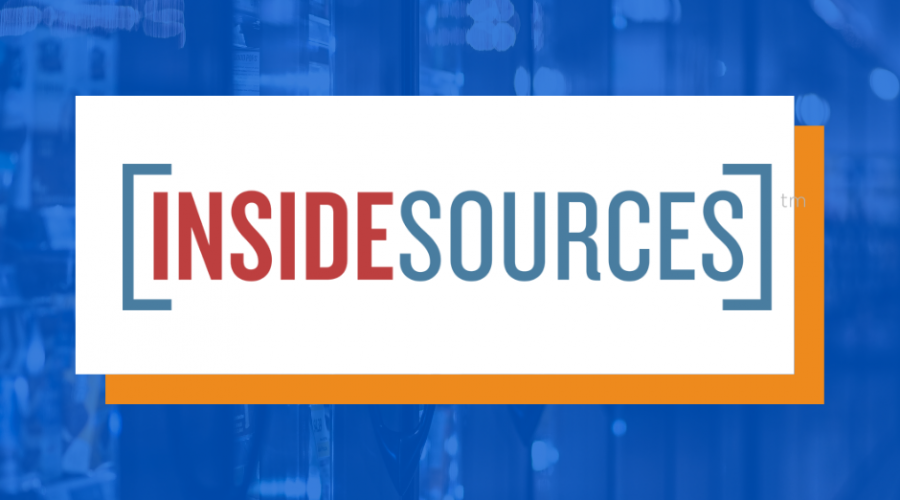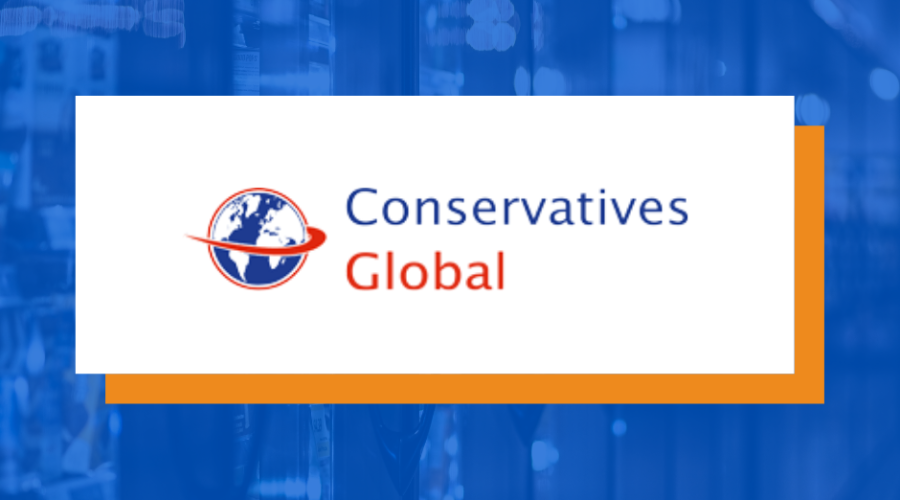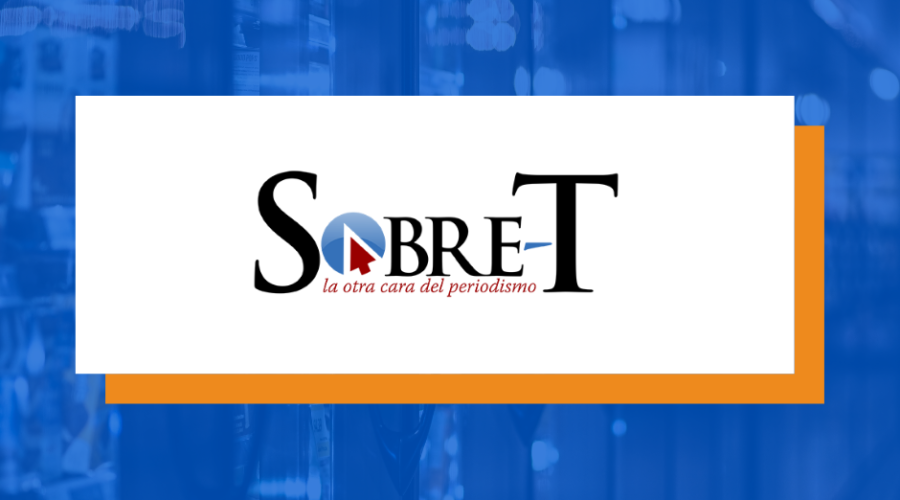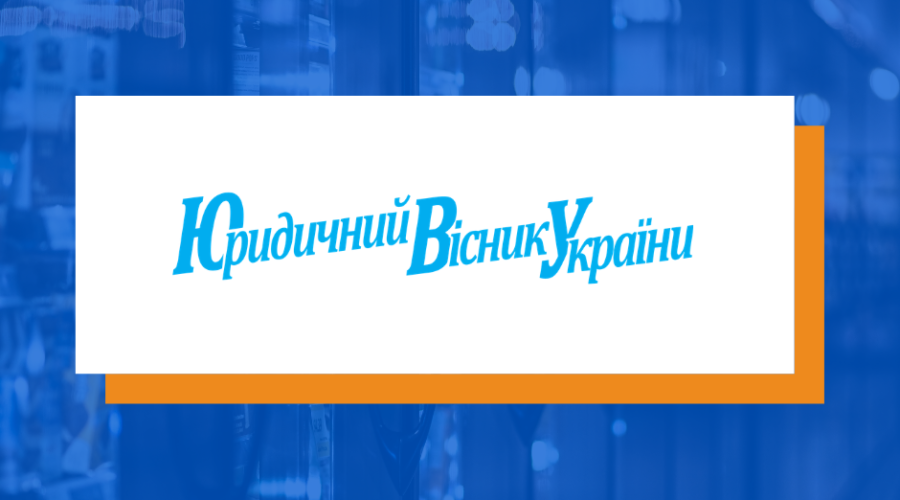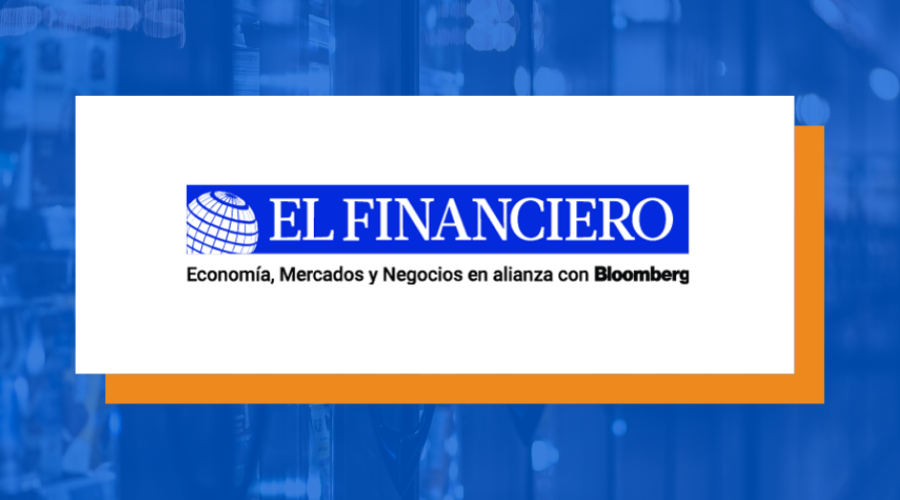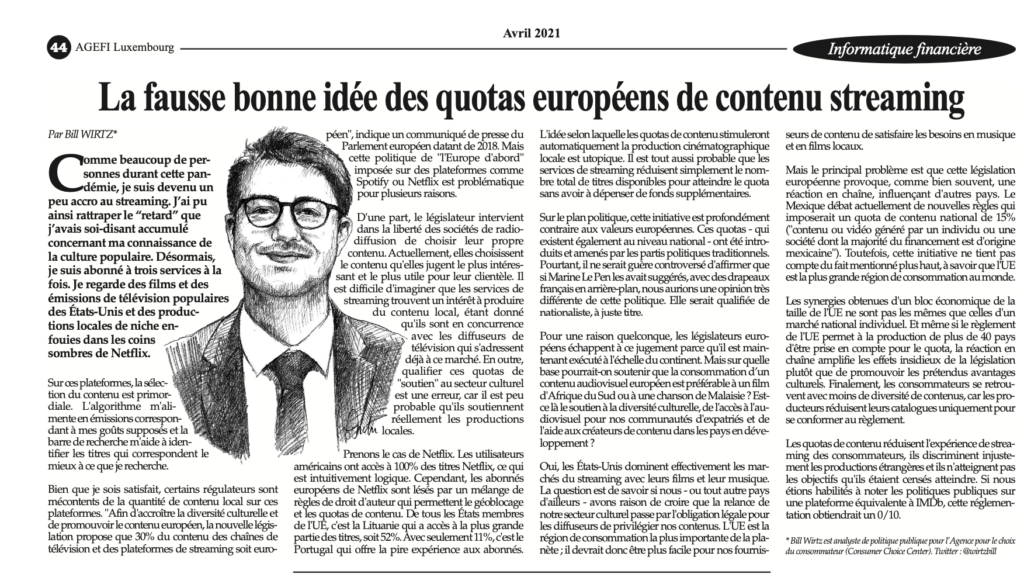September 2021
Hello,
| Greetings everyone! As we roll into Autumn, and the weather outside is getting chillier by the day, we at CCC are turning up the heat, with our team tirelessly working to defend the rights of the consumers all across the world. Without further ado, let’s delve into the many new developments that we had in September. |
| Principles for smart crypto regulation |
| While the existence of Bitcoin is no longer news to anyone, following its meteoric rise and the shockwaves it sent across the world, the question arose of what kind of legislative framework it will continue to exist in in the future. Our deputy director Yaël Ossowski and crypto fellow Aleksandar Kokotovic wrote a fascinating policy note on smart crypto regulation, offering a unique perspective on a regulatory framework that maximises innovation, economic inclusion, and consumer protection. |
| READ MORE |
| Michael Bloomberg is coming for your vape |
| Ever wondered who’s the man willing to funnel millions of dollars to deprive developing countries from innovative technologies? Well then CCC has got you covered, with our digital and creative team with Luka Kobalia, Luka Dzagania, and Yaël Ossowski at its head producing a video, exposing how Michael Bloomberg and his brigade have been halting life saving technologies from being accessible in developing countries. |
| WATCH HERE |
| US vs EU agriculture regulation |
| The importance of agriculture regulation cannot be overstated, and Bill’s policy note delves into the depths of the subject of food regulations in the EU and the US, outlining the importance for the US to prioritize the pursuit of greater economic exchange with the EU, instead of emulating the European regulation framework, which, at this time, is inferior to that of the United States. |
| LEARN MORE |
| The EV accessibility: Boom or bust? |
| With the electric vehicle revolution upon us, David and Liz have worked out an in-depth article on EV accessibility for the consumers in the US. While Joe Biden’s ambitious target, of half of the new vehicle sales in 2030 to be comprised of EVs, holds an exciting promise of reducing car emissions in the future, all of these efforts may be futile if an outdated state regulation, limiting direct sales of EVs to consumers, is not addressed. |
| READ MORE |
| Sharing Economy series |
| What is the Sharing Economy? How has it been affected by Covid pandemic? What regulatory changes are in store for it? To answer these questions, and more, Anna has stated a series of short blog posts, analysing different aspects of this exciting and rapidly evolving industry, outlining the benefits that sharing economy services provide for consumers, and what the future may hold for them. |
| READ MORE |
| David’s interview on Canadian elections |
| With polarizing federal elections in Canada, David went on “Counterpoint” to discuss the issues with the English election debates, racial issues caused by Bill 21, missed opportunities of the Green party, and more. |
| WATCH HERE |
| FDA and the new smoking pandemic |
| As the new smoking pandemic lures over us, Maria has worked out a news-piece, explaining how e-cigarettes help smokers quit, the bureaucratic nightmare that vape shop owners have to go through for product market approval, and how the FDA is at fault for putting the lives of countless people at risk. |
| READ HERE |
| That’s a wrap for this month! Stay tuned on all of our social media channels for more info on our current and upcoming activities! |
 Luka Dzagania Graphic Designer |

